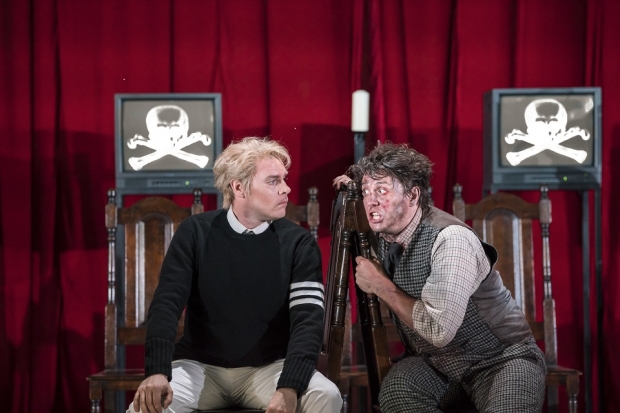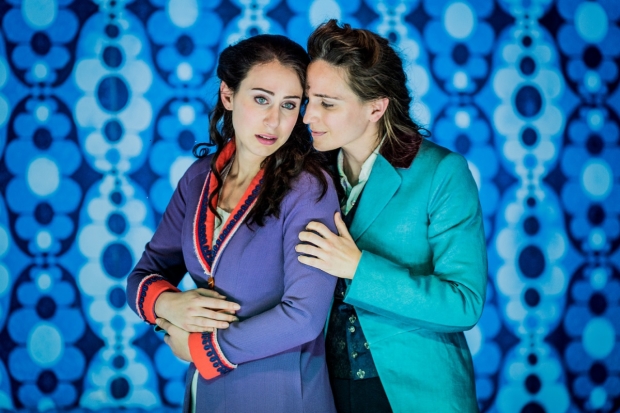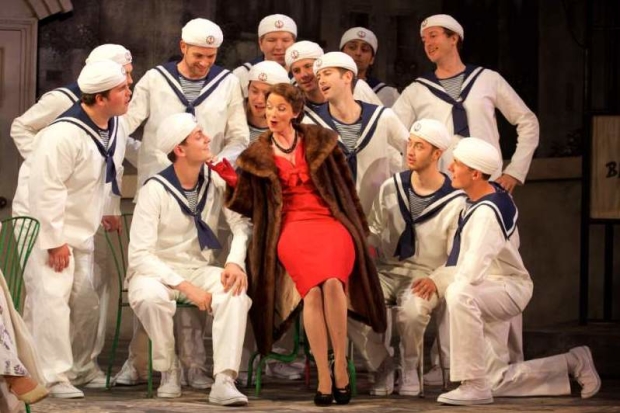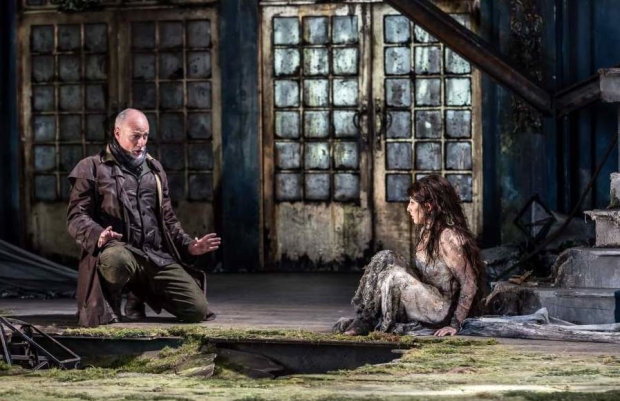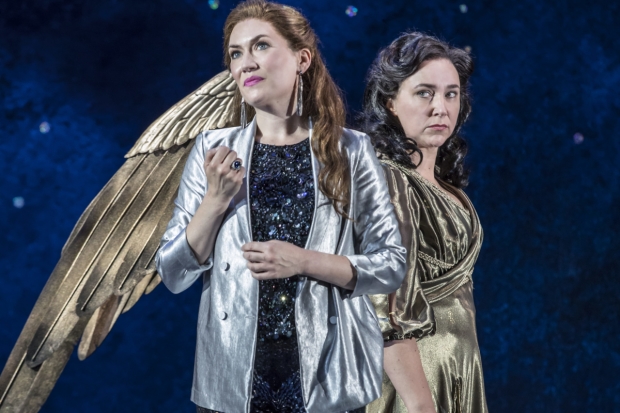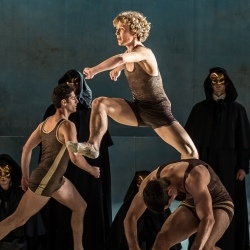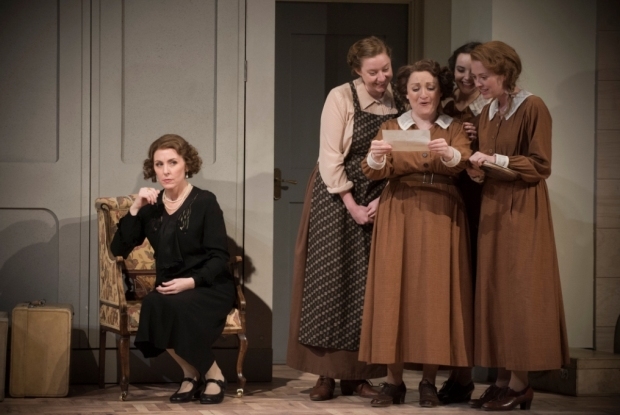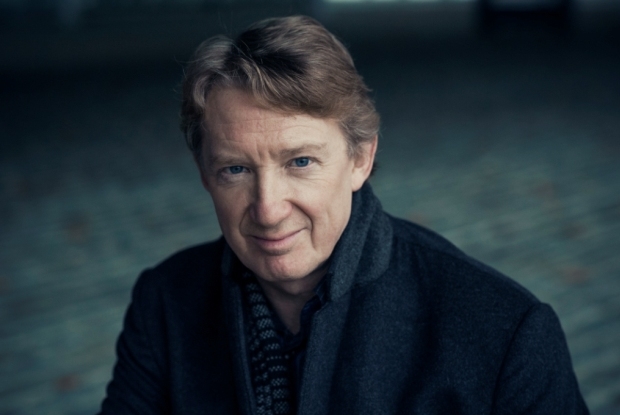Review: Capriccio (Garsington Opera at Wormsley)
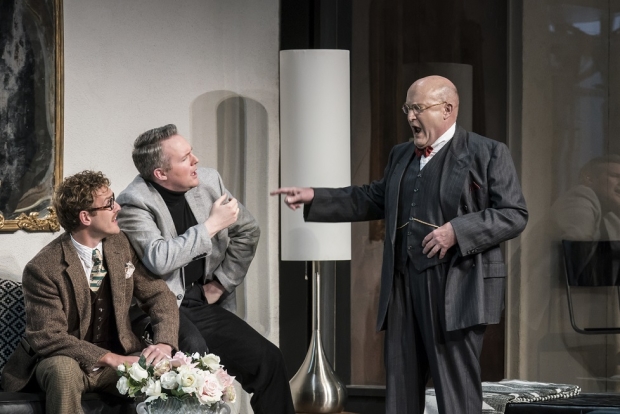
© Johan Persson
Like its London cousins at Holland Park, Garsington Opera has kept its head while all around are losing theirs. That head is Douglas Boyd who, perhaps uniquely among current artistic chiefs, is also the company's music director. The former oboist has overseen the rise of ‘just another' country house festival into an outfit with world class aspirations.
The upswing dates back to 2011 when it said goodbye to Garsington Manor and unveiled the exquisite (if faintly impractical) perspex pavilion in the grounds of the Wormsley Estate. That was the day Garsington left parochialism behind and embraced all that is ambitious and elegant in the art form. To witness opera at Wormsley is to sip operatic champagne from an opulent coupe, so it was only a matter of time before Strauss's Capriccio appeared on its schedule.
In this autumnal 'conversation piece' the composer bade farewell to the lyric stage by celebrating the art form itself. Its characters are less people than avatars: embodiments of different contributors to opera's finished product, from the composer, librettist and impresario to a dancer, a diva and, as a dash of bitters, a duetting pair of Italian singers.
All these types revolve self-interestedly around the Countess, an aristocrat who represents not so much a commissioning angel as the opera itself. Her ostensible role is to choose between two suitors, the man of words and the man of music; but what Strauss and his co-librettist Clemens Krauss are really positing is that text and notes bear equal weight in the creation of opera. (Did Strauss really believe that? The ten-minute string sextet that opens Capriccio feels suspiciously like a marker for the composer.)
The first half of Capriccio is dense both musically and verbally, like an hour and more of Baron Ochs arguing with himself, as the various protagonists bicker inconsequentially within designer Tobias Hoheisel's spectacular set. Flamand the composer (the outstanding Sam Furness), Olivier the poet (Gavan Ring, excellent as a man on his dignity) and La Roche, the pompous theatre director (played by Andrew Shore with an eye for the ridiculous) all vie to impress Miah Persson's Countess, while Hanna Hipp swans in like Bette Davis as the actress Clairon and William Dazeley excels in the nothing role of the Countess's testy brother.
Tim Albery's stylish production locates the action in the various sections of a modern open-plan home with, at its heart, a faux-Rococo music room where the action begins and ends. Not only does this add another layer of artifice to the confection, it fills the eye with rich-man's candy. As for the 70-strong Garsington Opera Orchestra, Boyd draws playing of fabulous authority and collegiate musicality from every member in a reading that captures each shifting turn of the opera's moods.
Nothing, though, becomes Capriccio like the several leavings of it. A claque of servants – critics? – take the mickey out of their departed betters; M. Taupe, the mole-like prompter (a delightful cameo by Graham Clark), emerges blinking from his subterranean box having served no useful function, and in music of sumptuous extravagance the Countess muses on her enmeshed selection of suitors. Persson is stellar in this gracious, glorious role, her old soubrette persona now a memory as she conquers one of music's romantic summits. If it came to making choices I know who'd get my vote.



